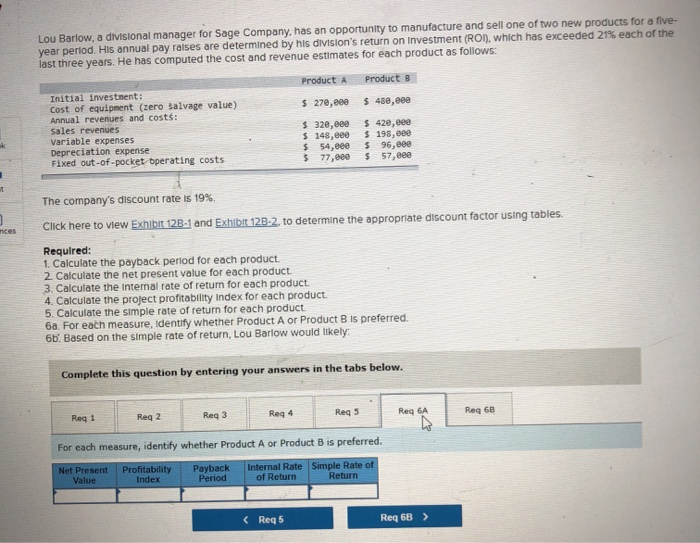Other questions asked by students
Accounting
Accounting
Accounting
Q
1: Question 22 (10 points) Using the following information, calculate the percent load for each...
Accounting
Accounting
Accounting






